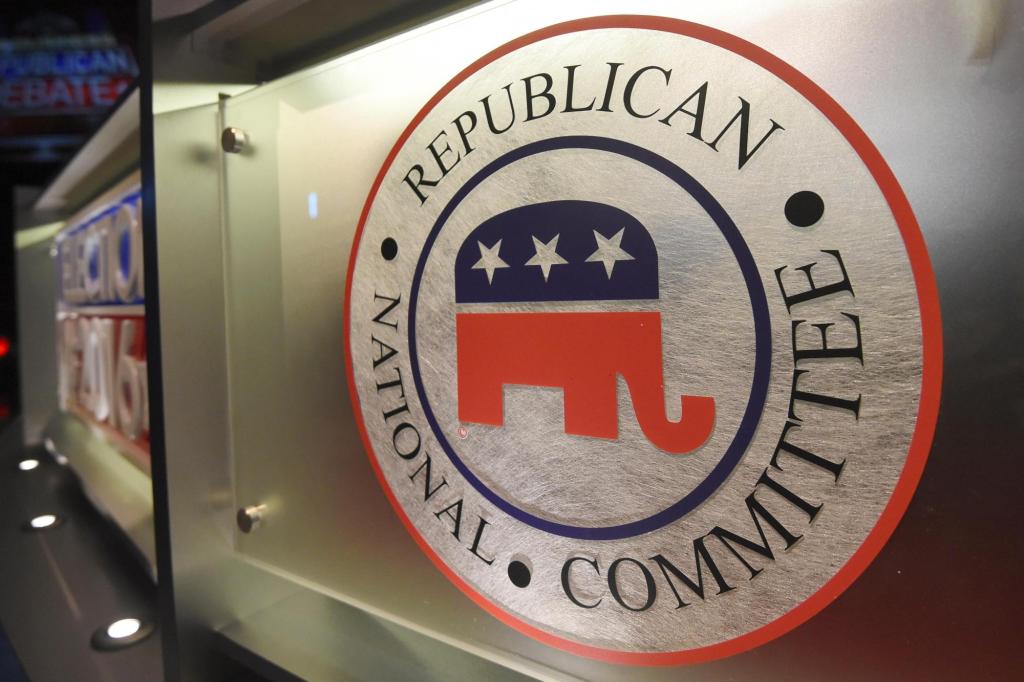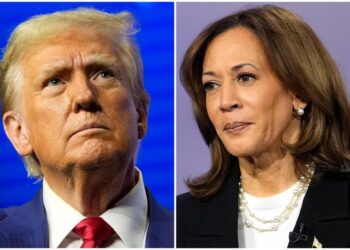By MICHELLE L. PRICE
NEW YORK — The Republican National Committee’s rules for next year’s nominating contest and convention were released this week without addressing a question the GOP could well face next summer: Can the party’s delegates vote for a different candidate if the presumptive nominee is convicted of a felony?
Former President Donald Trump is under four criminal indictments that will proceed through the GOP primary season, an overlap of legal and political calendars with no precedent in American politics. Fifteen states and American Samoa hold their GOP primaries on March 5, known as Super Tuesday, which is also the day after his first trial is scheduled to begin in Washington on charges that he unlawfully sought to overturn the 2020 election.
Trump is dominating the Republican field and may secure much of the support he needs by Super Tuesday, by which time almost half of delegates who select the nominee at the GOP convention will have been awarded. Even if he were to be convicted in Washington or another trial, top party leaders and many voters have indicated they would stand by Trump anyway. And Trump and his allies are pushing to dismiss and delay the trials and have worked with state parties to craft rules favorable to him.
The RNC rules don’t include any provisions specific to the unprecedented scenario unfolding.
Bound delegates must vote for a particular presidential candidate at the convention based on the results of the primary or caucus in their state. As in past years, every state party must bind its delegates to vote for their assigned candidates during at least the first round of voting at the national convention, with limited exceptions for a small number of delegates. A candidate wins the nomination if they clinch a majority, which is 1,215 delegates.
At next year’s convention, which starts July 15 in Milwaukee, there will be opportunities to tweak the rules when they are adopted or to suspend them, which can require…
Read the full article here







